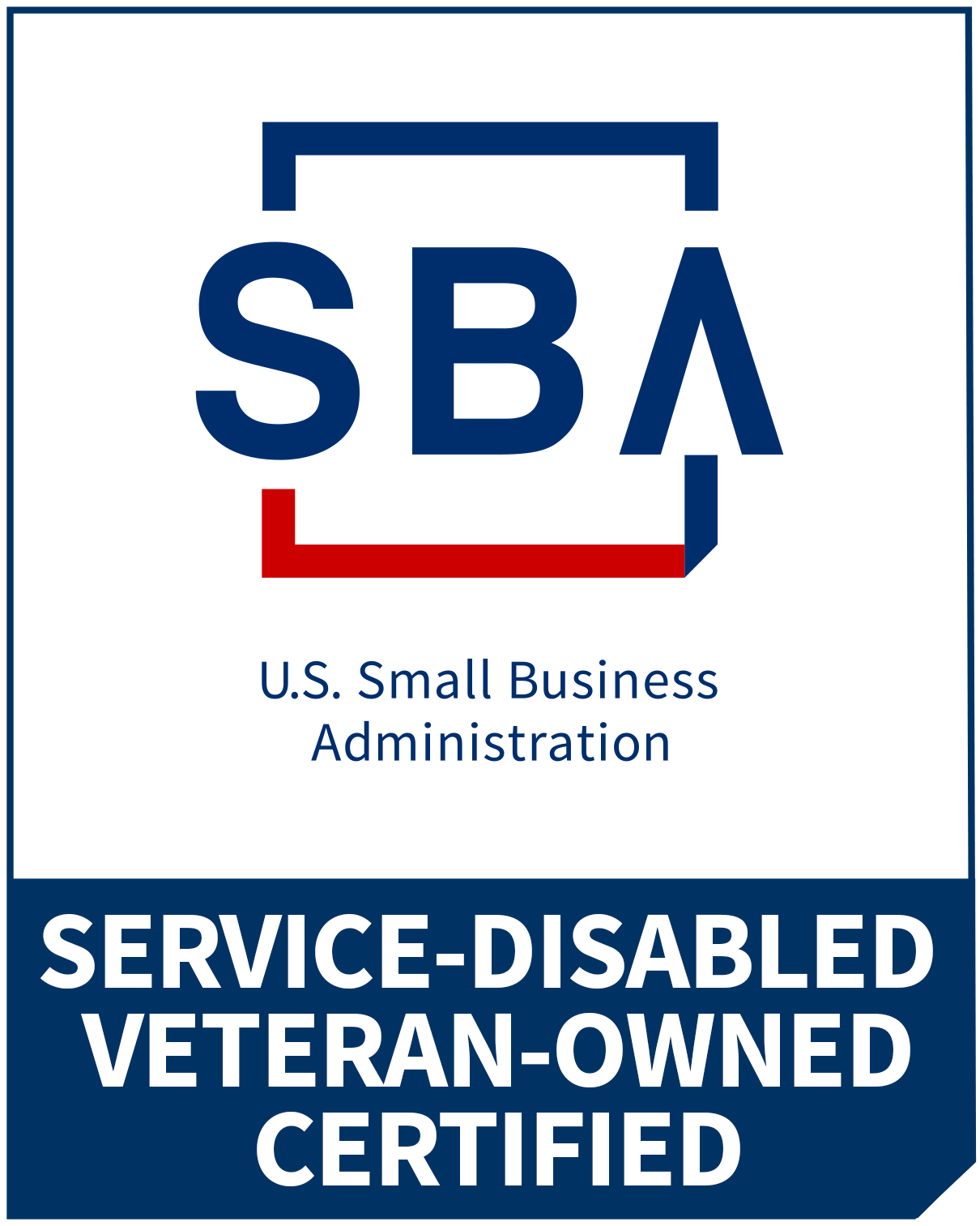As a CX consultant and Fractional Chief Customer Officer, at times I’ve had clients and worked with companies in highly-regulated industries; from healthcare to insurance as well as others. In the online webinar panels I moderate, I also come across senior leaders at companies in these sorts of fields all the time. I love working and speaking with them, if for no other reason than that, within these lines of business, there’s so much potential to differentiate among competitors from a CX perspective. In industries such as pharmaceuticals to banking and finance, if you’re in one of these greatly-overseen businesses, you’ve actually got an advantage when it comes to CX.
After all, one of the toughest tricks out of the gate when it comes to differentiating yourself from your competitors is even deciding how you want to stand apart. But if the work you do is in a field with a high regulatory bar that makes it a challenge for your Customers even to navigate the rules, that opportunity is staring you right in the face. The ways in which government regulations, for example, make some things hard for consumers to understand what’s required of them in the first place, are easy to identify and the clearest road to standing apart from your industry peers.
There’s lots of room, for example, in the insurance industry for brands to differentiate based on, say, policy options: You can bundle home, auto, life, and umbrella liability. Heck, Mary Hart had her legs insured by Lloyds of London (if you don’t mind me dating myself with that reference). But as a recent experience I had with a life insurance policy of my own reminded me, the basic complexity of engaging with this product represents an excellent opportunity to any brand that wants to corner the market on simplicity and clarity of use. (Long story short, I screwed up purchasing a term policy because, in part, the company selling it didn’t do a good enough job explaining to me how it worked.) Actually making it easier for your Customers to do business in your field may take a lot of work, but the opportunity is right there in these industries to seize the market with a Brand Promise of ease-of-use.
In highly-regulated industries, given that doing business entails jumping these hurdles, in a way it’s actually an obligation to shepherd Customers through the processes and rules of the game anyway. It’s easy to fall back into excuses (“well, the government put all these rules in place we have to follow, so we’re sorry it’s such a pain in the neck”), but if you’re truly Customer-centric, you recognize that cost, value, delivery, or options, are secondary in the Customers’ minds to simply being able to get it done right and not get undercut by missing a ‘crossed ‘t’’ or a ‘dotted ‘i’’.
This is along similar lines to the discussion I find myself having quite a bit these days: Some brands are using Covid-19 concerns and disruptions as an excuse to provide poor CX to their Customers. That’s perplexing on two levels: One, it’s been over a year…if your IVR-outbound still says something about “we’re experiencing high call volume due to Covid-19,” it’s a sure sign you’re not taking seriously the actual conditions. How can you still not have adjusted? And, two, why wouldn’t you take the opportunity to stand out among your competitors as the one brand that is easing your Customers’ burdens, you know, “in times like these”?
Additionally, and I’ll restate that, sure, while it’s not necessarily easy to execute on these opportunities, the identification of how to differentiate is easy as cake: Be the one competitor in the market to sell ease of use and you’ll rise head-and-shoulders above all your peers. It’s easy (and remarkably commonplace, sadly) to use the regulations as an excuse to not provide good CX; just as some are (still) doing with Covid. But if you take the opposite approach, you’ll stand out.
So, if you’re in a highly-regulated industry, take the time to see what it’s like from your Customers’ perspective to do business with you. Ask yourself why certain things have to be done in certain ways, and more importantly, how you can absorb the hassle on behalf of your Customers. Act on those opportunities and adjust your Customer-facing policies and processes accordingly. They, and the market, will thank you.




